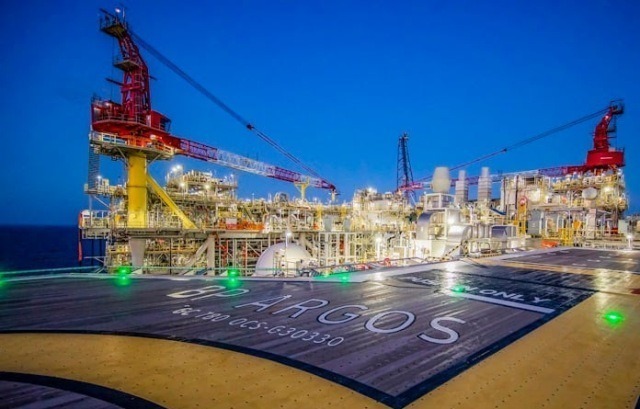Standard Chartered has committed to reducing emissions linked to the bonds it arranges for oil and gas companies, reinforcing its net-zero strategy despite some financial institutions reconsidering their climate commitments.
The bank announced on Friday that it plans to cut polluting emissions associated with these bond deals by 26.9 percent by 2030. This commitment came alongside the bank’s report of an 18 percent annual profit increase, highlighting its financial strength while pursuing sustainability goals, Reuters news report said.
Standard Chartered’s on and off balance sheet exposure to the Oil and Gas industry has reached $21.44 billion at the end of 2024.
Many major banks have established targets to reduce emissions linked to their lending activities, but only a select few have taken steps to address so-called facilitated emissions, which encompass the environmental impact of financial transactions such as bond underwriting.
Environmental campaigners have consistently pressured banks to adopt such targets across all polluting industries, but Standard Chartered’s current focus remains limited to oil and gas.
The bank’s CEO, Bill Winters, reiterated to analysts that Standard Chartered remains committed to achieving net-zero emissions by the middle of the century and emphasized that its clients are continuing to prioritize decarbonization efforts. He attributed the bank’s success in this area to its strategic focus and the critical role it plays in supporting clients through their transition.
Winters stated that the push toward net zero remains undeterred despite various economic and regulatory challenges, reinforcing the bank’s belief that sustainability initiatives can also be highly profitable.
He pointed out that Standard Chartered’s sustainable finance business generated nearly $1 billion in income last year, demonstrating the financial viability of aligning banking operations with climate goals. The bank’s approach stands in contrast to HSBC.
HSBC which recently announced a significant delay in its net-zero target, pushing it back by 20 years to 2050. HSBC also revealed that it will reassess its financed emissions targets and broader climate policies in 2025, signaling a shift in its sustainability strategy.
Unlike some of its peers, Standard Chartered is maintaining its support for fossil fuel producers by facilitating funding while simultaneously publishing its first transition plan. This plan outlines the bank’s path to achieving net-zero emissions and details the steps it will take to assist clients in doing the same.
Given Standard Chartered’s strong presence in developing markets, its strategy reflects a balance between continuing to provide financial support for essential energy sectors and encouraging a gradual transition toward cleaner alternatives.
The bank’s ongoing commitment to sustainable finance and its clear roadmap for emissions reduction place it among the financial institutions that are actively integrating climate action into their long-term business strategies.

